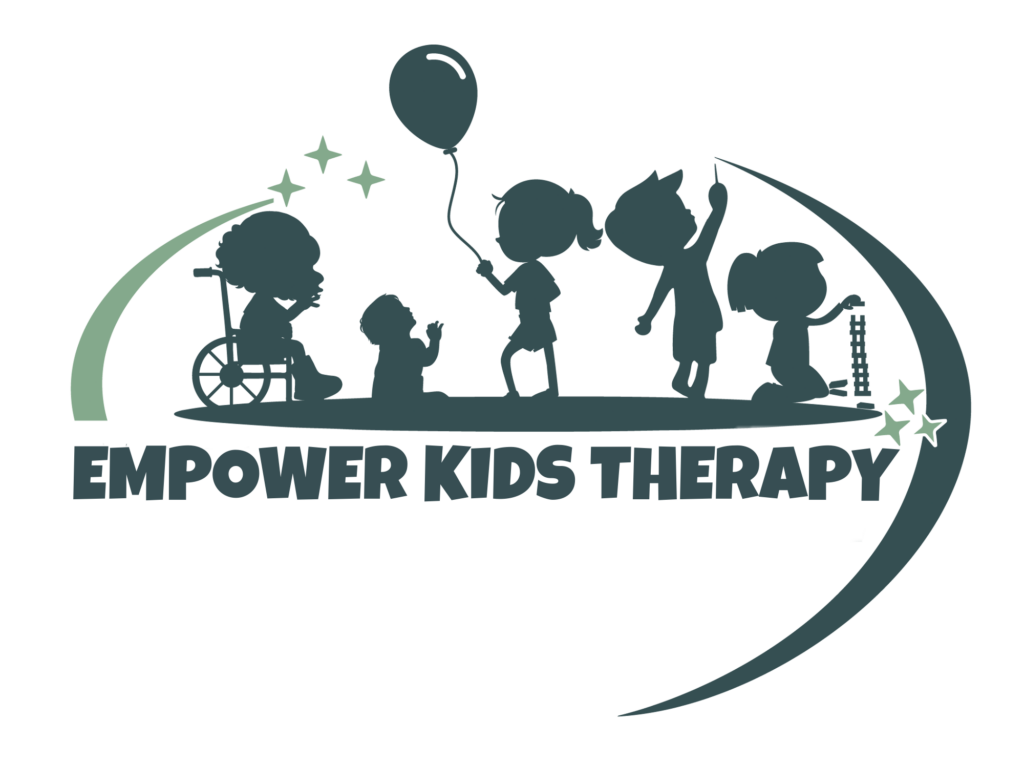As a pediatric occupational therapist, I understand the challenges you face when it comes to picky eating. Picky eating is very common among children. The “kid diet” has become increasingly common, and for some they will grow out of it. But for others, it can become a lifetime of challenges.
Today, I want to address five common hurdles that many families encounter and provide you with practical strategies to overcome them. With a little guidance and persistence, we can transform mealtimes into positive experiences for both you and your child.
Challenge: Limited Food Variety
You child sticks to the same few foods, refusing anything new, or unfamiliar to them. Food presentations has to be exactly the same.
Solution
Start small and gradually introduce new foods. Begin with similar textures or flavors to those your child already enjoys. For example, if they like Rita Crackers, try Club Crackers. They’re similar enough, but have slight variety. Play and explore each, act curious and have your child take the lead in exploring and teaching you. Celebrate each small victory and provide positive reinforcement when your child tries something new.
Challenge: Sensory Avoidance
Your child has strong dislikes for certain textures or smells. This is significantly restricting your child’s diet, the food your (the caregiver can eat) and makes mealtime battles a daily struggle.
Solution
Address sensory aversions gradually. Start by incorporating small amounts of the disliked food onto their plate. 1-2 pieces of it will do. Explore and discover everything about that food together. Have your child cook with you! Exploring foods without the pressure of eating it will increase your child’s understanding of the foods properties. Plus, mixing food with a spoon is a lot less scary than being asked to take a bite of it.
Challenge: Mealtime Power Struggles
The tug-of-war that happens at mealtimes, or even before mealtimes, leaves you and your child frustrated, and stressed.
Solution
Create a positive mealtime environment by adopting a relaxed and neutral approach. Avoid pressuring or forcing your child to eat. Instead, offer a variety of options. Encourage family meals where everyone eats together, and takes a bit of every item being serviced. This can foster a supportive and enjoyable atmosphere. Combine this with playful exploring of foods, and you’ll see positive changes.
Challenge: Lack of Self-Feeding Skills
If your child relies heavily on assistance during mealtimes or struggles with self-feeding skills, it can impede their independence and confidence in exploring new foods.
Solution
Encourage self-feeding by providing age-appropriate utensils and dishes. Start with finger foods that your child can easily grasp and progress to utensils as their skills develop. Allow them to explore and make a mess—it’s all part of the learning process! Provide support and praise their attempts, no matter how messy or imperfect. Here are some of my favorite tools that can also help expand self-feeding skills.
How We Can Support You
1. Free Mealtime Success Guide
To provide you with even more support, we offer a free Mealtime Success Guide. This resource is packed with practical tips, expert advice, and nutritious recipes to make mealtimes enjoyable for both you and your child. Downloading the guide is a great first step toward transforming your picky eater into a more adventurous food explorer.
2. Parent Online Feeding Course
If you find that your child’s picky eating habits persist despite your best efforts, consider learning more in our online parent feeding course. You can learn how to address feeding challenges at mealtimes, create a more positive and successful mealtime experience for your child, and remove the stress of making multiple meals.
More Information About Our Course
3. 1:1 Feeding Therapy Services in Orlando, FL
If you’re finding it challenging to address your child’s picky eating habits on your own, consider reaching out for professional feeding therapy services. Our team is here to support you and your child throughout the journey to healthier eating habits.
By working together, we can provide targeted strategies and interventions to foster positive mealtime experiences.
More Information On Our Feeding Therapy Services
Remember, progress takes time and patience. Celebrate small victories along the way, and don’t be discouraged by setbacks. Each step forward is a step closer to developing healthy eating habits. Caregivers, you play a vital role in supporting your child’s journey towards healthier eating habits.
By addressing common challenges with strategies tailored to your child’s needs, you can overcome picky eating and create positive mealtimes. Remember, seeking guidance from a pediatric occupational therapist can provide you with additional support and expertise.
Keep up the great work, and let’s continue to make mealtimes an enjoyable and nourishing experience!









